Dinosaurs: Things Hollywood Has Gotten Wrong
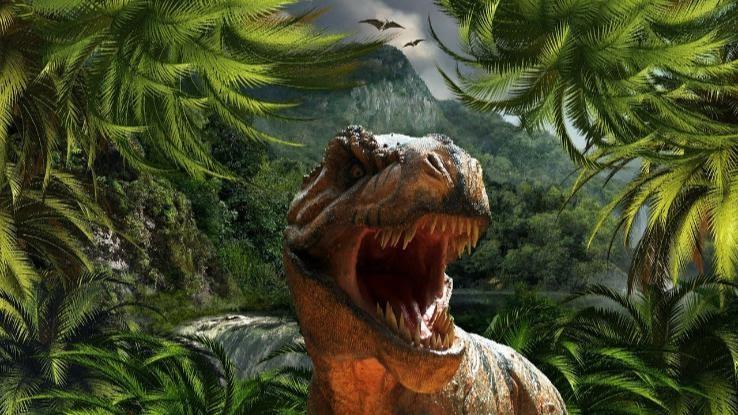
When people think of dinosaurs, their immediate response is to picture a massive, scaly monster running after its prey while emitting a terrifying roar. Perhaps the prompt brings to mind the scene in Jurassic Park where the raptors are in the kitchen hunting the terrified kids. But did you know that these images aren’t that scientifically accurate? Jurassic Park has influenced and continues to skew our perception of dinosaurs, but the facts are quite different.
Some Had Feathers or Hair
Contrary to the popular image of ferocious dinosaurs with scales and sharp fangs, dinosaurs were actually more akin to birds than to reptiles. This means that many dinosaurs would’ve naturally grown feathers or quills.
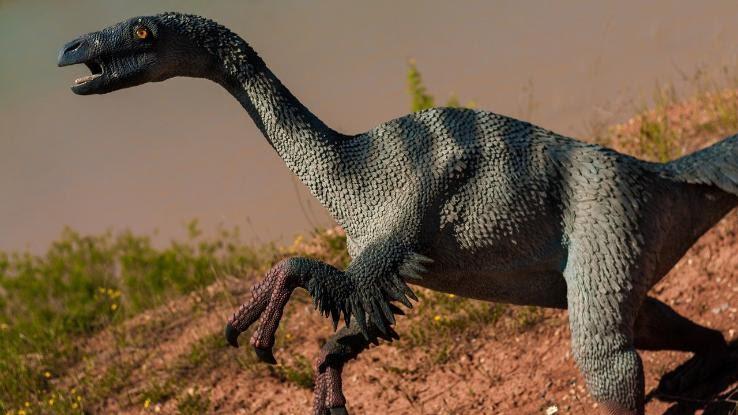
The problem is that Jurassic Park essentially created our public perception of dinosaurs, and Hollywood has been using the same images since then. Many paleontologists thought that with the release of Jurassic World we’d finally see some feathery dinos, but instead, we saw, and continue to see, more scaly, reptilian creatures.
Raptors Were a Lot Smaller
The thought of velociraptors always conjures up the scene of those wily devils hunting down humans for sport in Jurassic Park. In the film, they’re about as tall as a person, but in reality, they only stood around 18 inches tall.
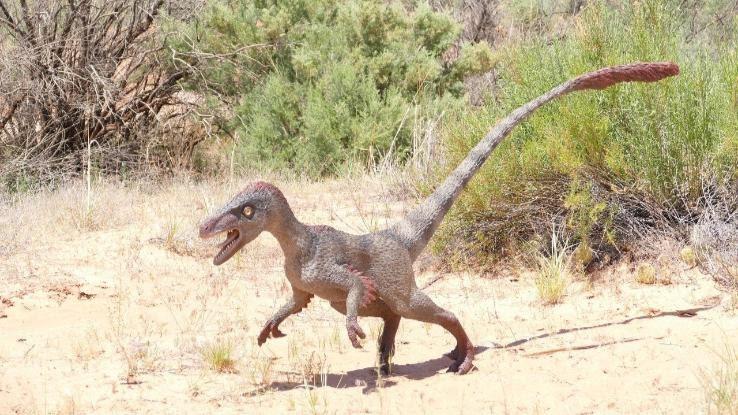
That’s a lot smaller than the pack of vicious man-eaters in Spielberg’s epic. At roughly the size of a big chicken or your Thanksgiving turkey, these poor menaces just simply weren’t that, well, menacing. Naturally, if you want shock value on the screen, you have to make the chickens bigger, right?
The Raptors in Jurassic Park Weren’t Velociraptors
Yeah, that came as a shock. Raptors…that aren’t raptors? Turns out, due to the size of the raptors in Jurassic Park and the claws on their feet, the raptors portrayed in the series of films are actually the velociraptor’s relative deinonychus.
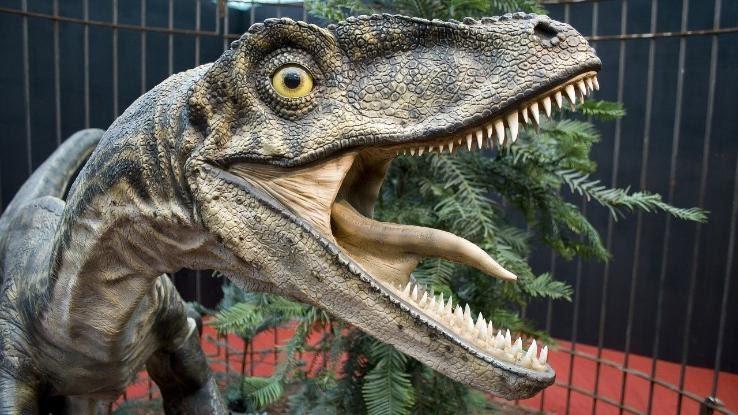
Deinonychus, while related to the velociraptor, was much larger and had the iconic (and terrifying) foot talon that was a hallmark of the films. So, it turns out that the creature we were really scared of was a de-feathered deinonychus, not a velociraptor.
Brachiosaurus Didn’t Make a Whale Call
If you’ve seen Jurassic World: Fallen Kingdom, then you’ll definitely recall the scene in which the brachiosaurus stands on its hind legs and lets out a forlorn whale call as the protagonists watch in dismay from the ship.
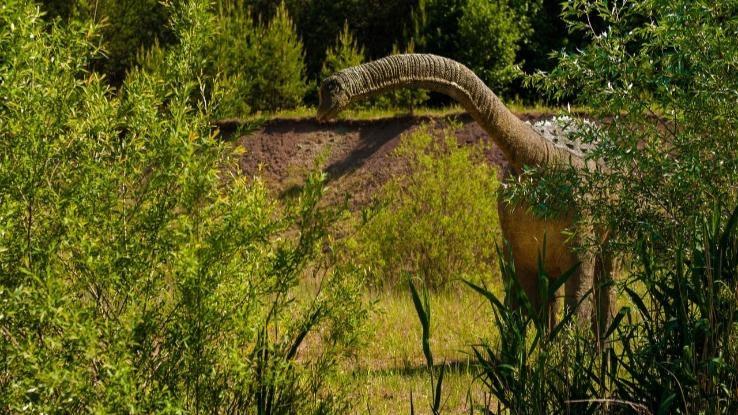
Well, it turns out that the sad cry of the beloved long-necked dino was fake. The call this favorite leaf-eater made in the film just wasn’t possible. No one knows for sure what the creature really sounded like.
Dinosaurs Would Get Sick From Eating People
Sorry, T. rex. It turns out humans might actually be unhealthy for you. According to Ben Wagonner, PhD in Interrogative Biology, dinosaurs likely wouldn’t have the capability to eat the food that would be available to them in our modern world. Because evolution has consistently changed the chemical makeup of plants and animals over time, dinosaurs wouldn’t have the biological ability to properly digest today’s offerings.
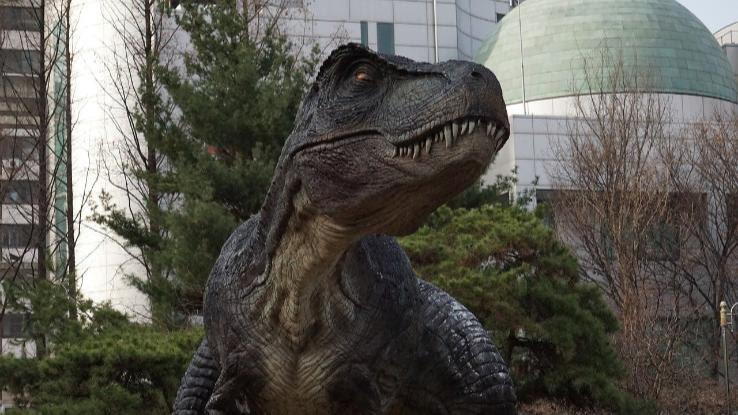
So, while watching a T. rex eating a person may be good for cinema, it’s by no means good for the animal. The same goes for herbivores, though that’s less exciting to watch.
Brachiosaurus Couldn’t Stand on Its Hind Legs
In the very first Jurassic Park, the first full dinosaur we see is a brachiosaurus standing on its hind legs eating from a tree. This beast is massive and weighed something like 90 tons. How does one stand on its hind legs at all, let alone eat while doing it?
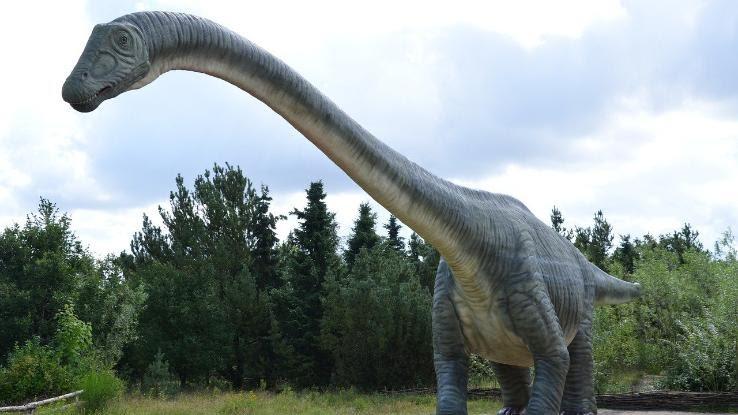
Think of an elephant doing something similar, and then make that elephant way bigger. It’s impossible, right? While this scene helped create a breathtaking and awe-inspiring piece of cinema at the time, it’s physically impossible for the long-necked herbivore to perform such a feat.
Raptors Couldn’t Open Doors
While it was absolutely thrilling to watch in fascinated horror as the velociraptors learned how to manipulate a door handle and push it open, that simply couldn’t happen. For starters, have you ever seen an animal with stubby arms try to manipulate a handle?
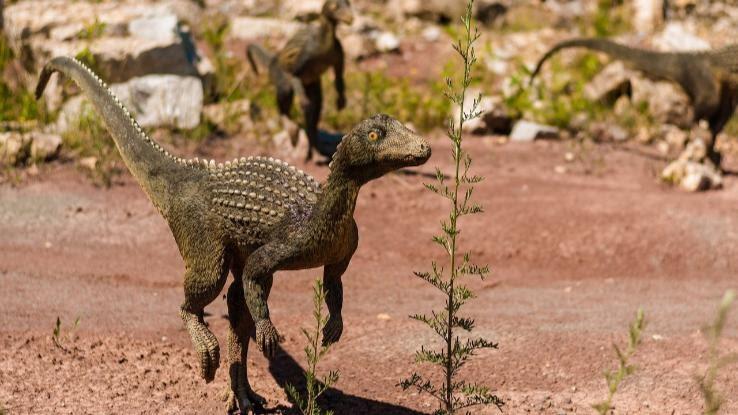
More scientifically, raptors just wouldn’t have had the mental capacity to do that. Even if we look at, say, a raccoon that can observe how a human turns a door handle, it has evolved over many generations to learn how to use its complex hands to grasp objects. Raptors, on the other hand, did not.
Dilophosauruses Couldn’t Spit Acid
In Jurassic Park, one of the protagonists is killed in a rather grotesque way. A dilophosaurus spits acid onto his face. This wasn’t possible. There’s zero evidence that the creatures could do this at all, let alone with enough liquid to burn through a person.
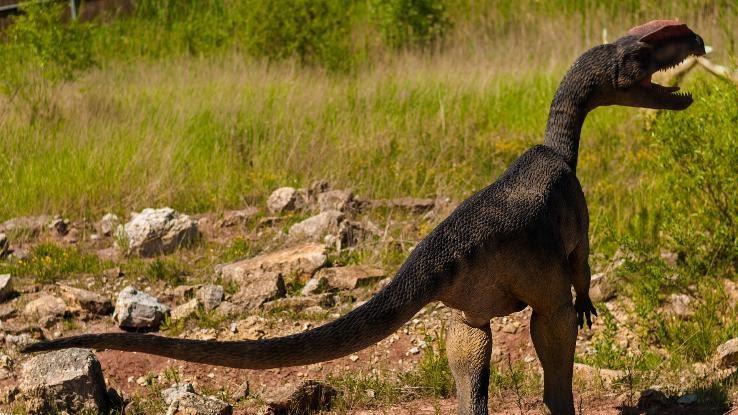
As with most things dinosaur-related in Hollywood, these guys didn’t seem menacing enough for the film. So, they were given an unnatural ability for shock value. While an interesting capability for the movie’s canon, and one that probably scared you as a kid, it’s made up.
Dilophosauruses Were Also Way Bigger
A lot bigger. They would’ve been a little less than 10 feet tall when they were fully grown. The movie’s poison-spitting menace is rather small for a fully grown dilophosaurus. So not only were they given an imaginary ability, but they also were shrunk down considerably. Why?
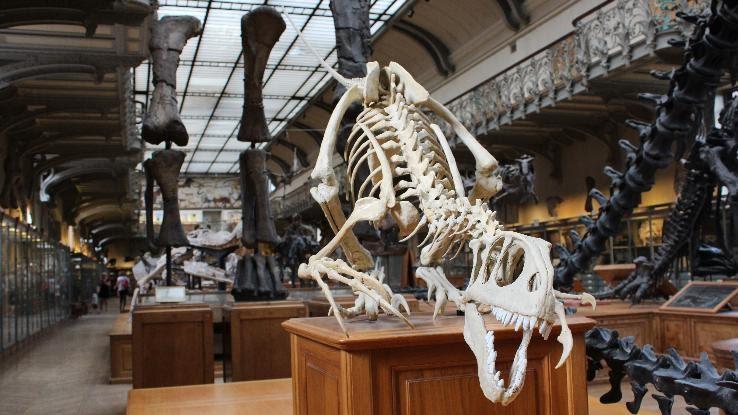
Nobody knows, really. Cinematic value? Budget constraints? Who’s to say? The fact is that, in Jurassic Park, they appeared much smaller than they really were. Perhaps this made the animal scarier, something more akin to a classic horror film creature than an accurate representation of dinosaurs.
Velociraptors Didn’t Hunt in Packs
That’s right. According to author Bob Strauss, velociraptor fossils have only ever been found alone. That means that the raptors in Jurassic Park aren’t accurate on yet another level. It’s believed that the velociraptor was a solitary hunter, and there’s no evidence to suggest that it hunted large beasts in huge packs.
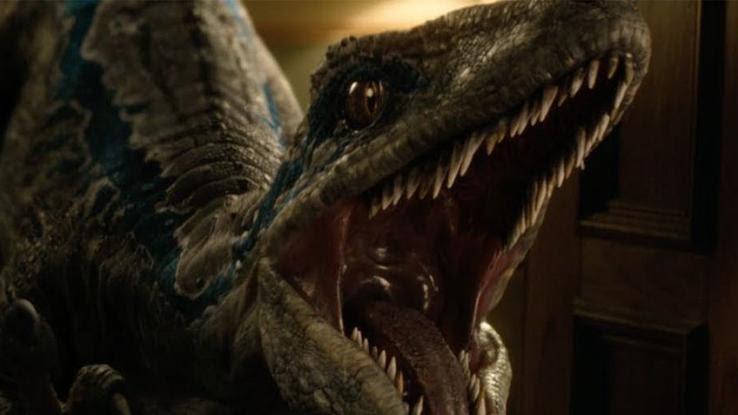
Maybe it’s best to think of the velociraptor as more of a kind of dinosaur fox than a mighty pack hunter like the wolf. Because velociraptors didn’t hunt in packs, every single scene in a dinosaur film involving huge packs of them is completely falsified for dramatic effect.
Dinosaurs Weren’t Very Smart
Going back to that point about raptors turning door handles, there’s another reason why that’s impossible. According to Bob Strauss, dinosaurs weren’t intelligent at all. The most intelligent dinosaur of all was the troodon, not the raptor (sorry, Jurassic World).
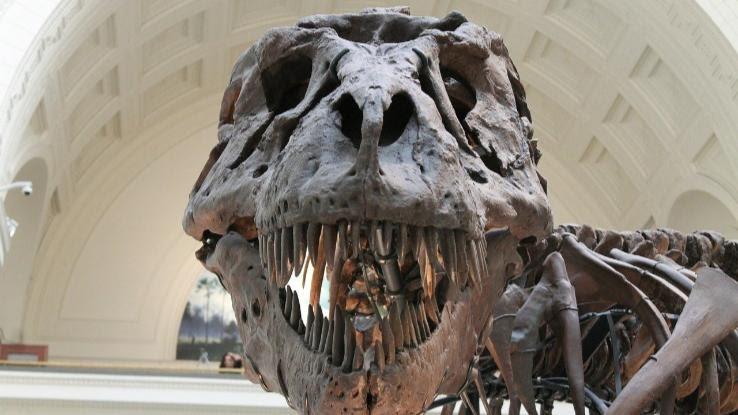
The troodon was about as intelligent as a kitten — and not a kitten that knows how to do some things, like see well. We’re talking a newborn kitten. So, if the smartest dinosaur was dumber than a baby cat fresh from the womb, how do we expect it to lead a dinosaur army like what was portrayed in Jurassic World: Fallen Kingdom?
Dinosaurs and People Didn’t Live Together
This one is kind of obvious, but Hollywood loves to spice things up a bit. A rather old film called One Million Years B.C. includes fully evolved cavemen with spears fending off dinosaurs. But this is inaccurate for many reasons, especially because a fully evolved Homo sapiens definitely wasn’t around yet.
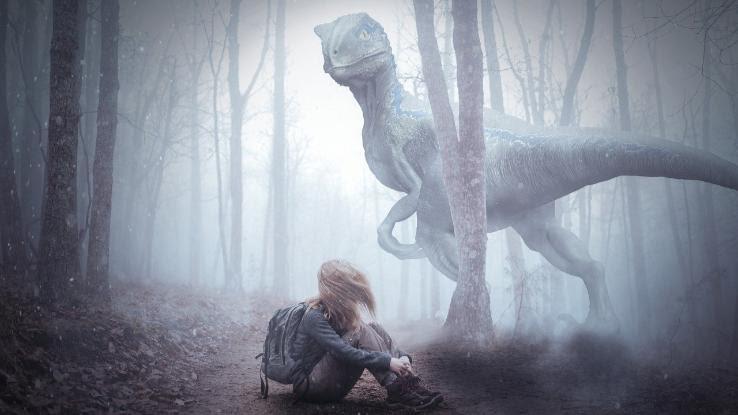
At the time of dinosaurs, mammals were small and basically useless. We hadn’t become a species yet and wouldn’t for quite some time. Mammals at this time were most likely small rodents, not bipedal hominids with tools.
Brachiosaurus Probably Made a Hissing Noise
We know by now that these long-necked herbivores didn’t sound like whales after all. That whale call depicted in Jurassic Park and its sequels was actually physically impossible. According to USC professor Mike Habib, brachiosaurus would’ve been unable to make anything more than a hissing noise because of the size of its neck.
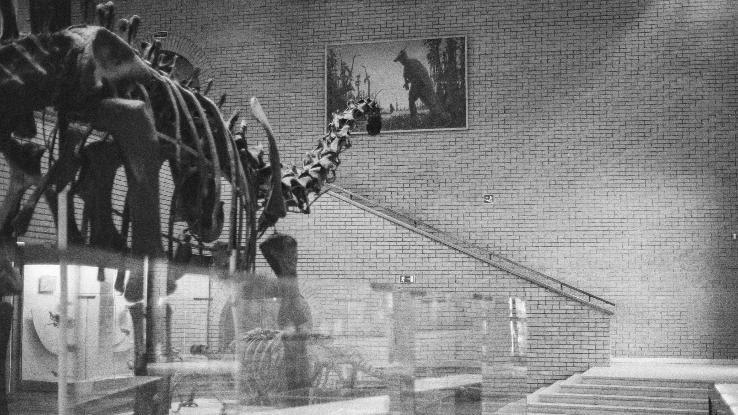
So that iconic whale call we all know and love is a scientific impossibility. But it also turns out that Jurassic Park producers knew this, because they called Habib’s PhD supervisor and asked him about it. A hissing herbivore just isn’t as awe-inspiring.
Pterosaurs Didn’t Have Talons
In the original King Kong, there’s a scene in which a pterosaur carries off the heroine. This makes sense, sort of. It’s kind of like a big bird, and the birds we call raptors today are known to carry off their prey using their talons, right?
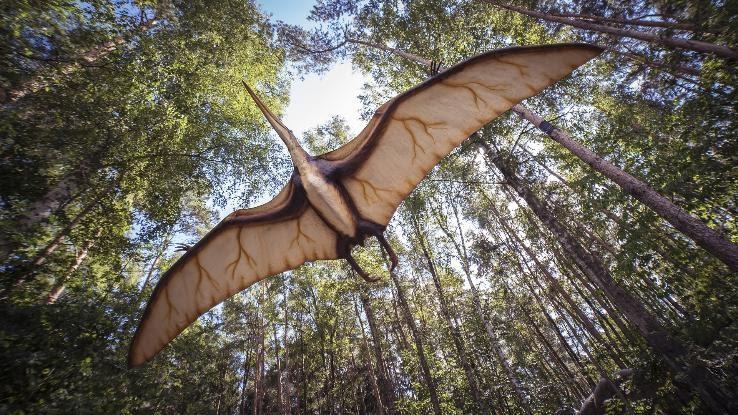
Wrong. Well, kind of wrong. Birds do carry their prey in their talons. But pterosaurs didn’t have talons. They weren’t very birdlike, despite looking like birds and flying around. Their feet lacked talons, and so they wouldn’t have been able to carry coconuts, let alone people.
Dinosaur Brains Were Too Simple to Be Trained
In the Jurassic World series, one of the central plot points of the films is how the velociraptors, especially Blue, were capable of being trained by Chris Pratt’s character. Well, according to paleontologist Kenneth Lacovara, their brains were too small and simple to comprehend commands of any sort.
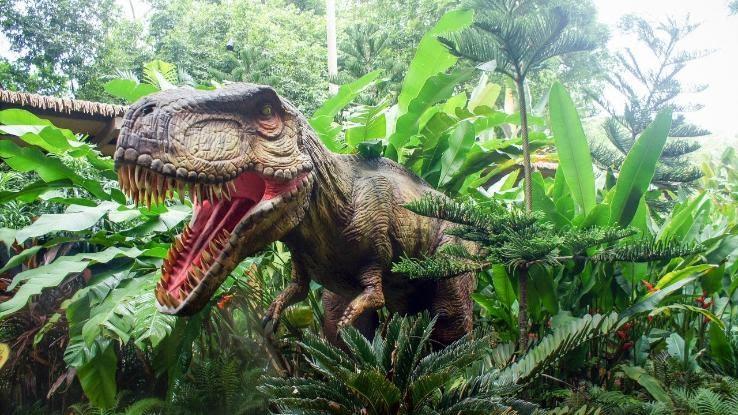
So, while Chris Pratt could certainly try to train the oversized, featherless beasts, what likely would’ve happened is that they would’ve just eaten him instead. Sorry Hollywood. Dinosaur whisperers just couldn’t be a thing, even if we wanted them to be…which we probably do on some level.
Mosasaurs Were Way Bigger On-screen Than Off
Something Hollywood loves to do with dinosaurs is make them bigger. Bigger is better, right? Well, at least bigger is definitely scarier in some way. Regardless, the mosasaur is made to appear bigger in Jurassic World and Jurassic World: Fallen Kingdom.
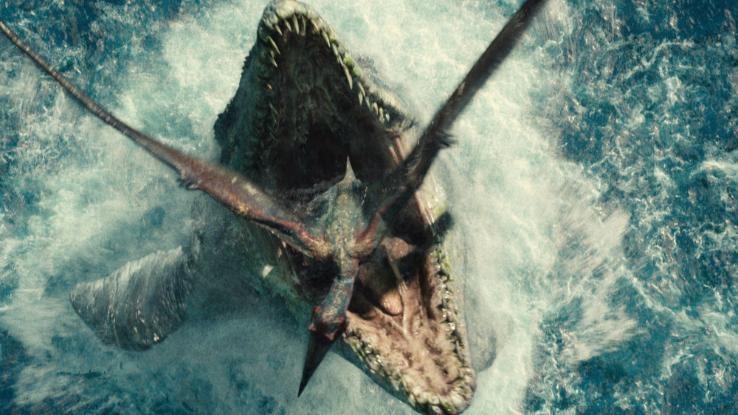
In reality, the creature was still big and still quite scary (look at the teeth on that thing!), but just not as massive. Look at a skeleton of this creature in a museum, and you’ll notice it’s a lot smaller than it appears in the films.
Mosasaurs Also Didn’t Have Frills
The aquatic beast in Jurassic World is impressive to look at, but other than its inflated size, it’s also given a fake frill. The logic in giving it a frill is pretty straightforward: Fish have frills. It’s kind of like a giant fish. It’ll look better with a cool frill, too.
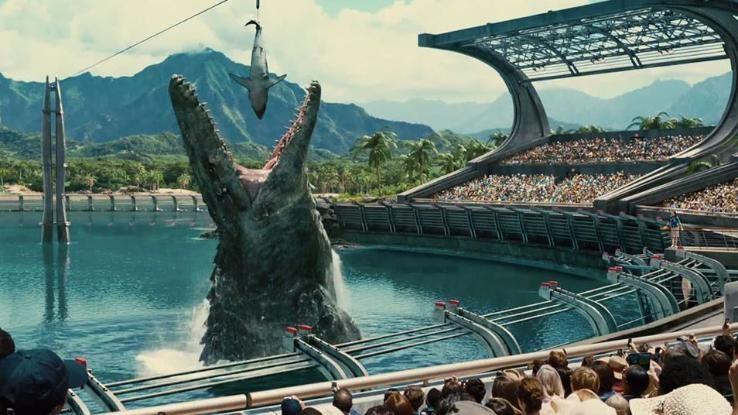
But a frill like this would leave behind a skeletal structure with the other fossilized remains. And there’s no physical evidence of these frills at all with fossils we’ve found. So, while impressive to look at and slightly Jaws-esque, the frill is a falsification. In reality, the mosasaur was a smaller, frill-less aquatic creature.
Brachiosaurus Couldn’t Sneeze
The scene in Jurassic Park when the dino sneezes on the kid and sprays goo everywhere is pretty funny. That was a lot of slime. But regardless of the humor involved, the brachiosaurus couldn’t sneeze due to its long neck.
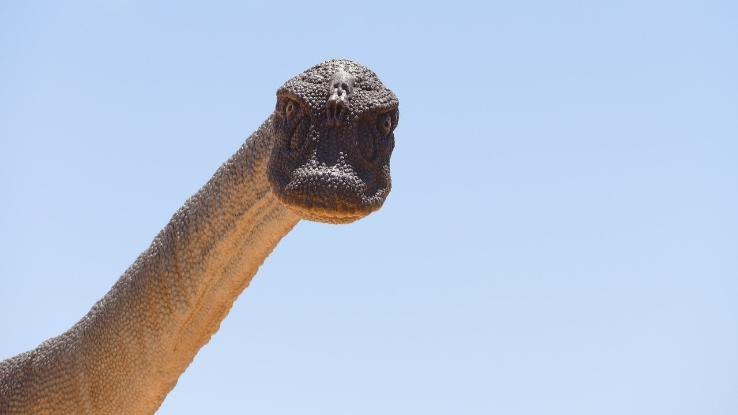
Apparently, the creature’s neck was so long that a sneeze would likely have caused its head to explode. That’s one powerful sneeze for sure, but, evolutionarily speaking, it makes sense for the beast to have evolved so that wouldn’t happen. Because, you know, having your head explode when you get sick doesn’t exactly make it easy for you to further your species.
Stegosaurus and T. rex Never Would’ve Crossed Paths
Dinosaurs existed starting about 240 million years ago, and they disappeared completely only 65 million years ago. A lot has changed here on Earth in 65 million years, what with the rise of people and all. But while 65 million years is really long, that means there were still millions of years when dinosaurs were around.
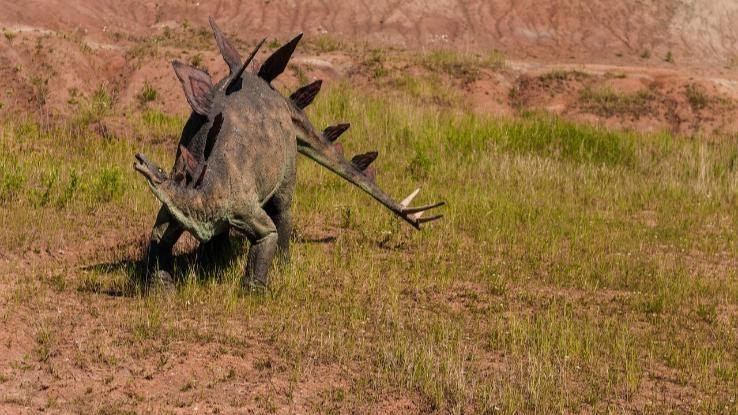
And in that huge stretch of time, there were tons of different species that never would’ve met. Stegosaurus and T. rex, for example, are separated by around 80 million years. That would’ve been one really old stegosaurus for a T. rex to eat.
Pachycephalosaurus Couldn’t Headbutt Through Brick Walls
In Jurassic World: Fallen Kingdom, our heroes get trapped in a jail cell underneath the mansion of their once-patron, now-evil dinosaur trader. They use a small but thick-skulled dinosaur to escape by tricking it into smashing through the wall and then through the cell door.
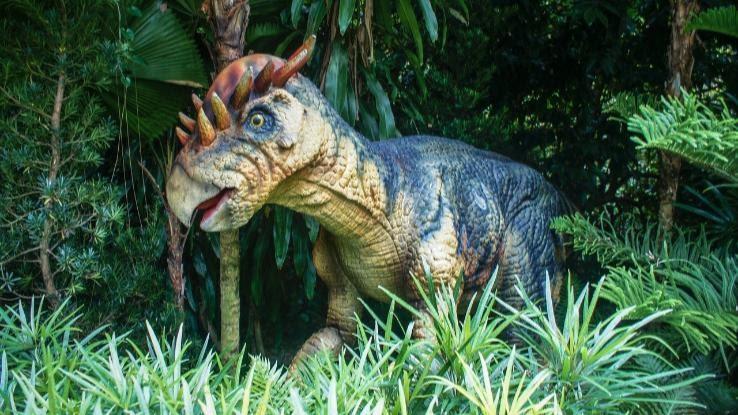
However, while this dinosaur’s skull was indeed very thick, there’s evidence to suggest that it wouldn’t be able to use its skull as a weapon without damaging itself critically. As such, smashing through a brick wall and then a steel gate to save our heroes, while good cinema, isn’t accurate.
Dinosaurs Weren’t Bulletproof
Movies love to make their monsters bulletproof to some degree. It makes killing the bad guy that much more interesting. But when movies place dinosaurs, which are really just animals, as the bad guys, it gets a little bit weird.
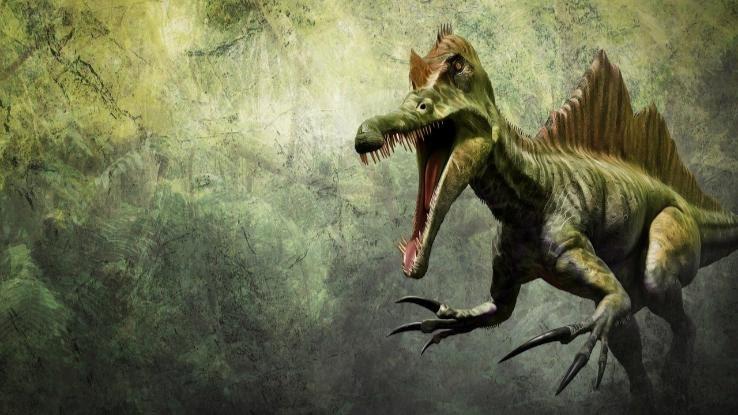
Dinosaur hides could’ve been thick, but more like how a bear’s hide is thick. Like any hunter could tell you, shooting a bear with a 9mm handgun is likely to make it upset, but something with a larger caliber would do the trick just fine. It’s no different with the T. rex. Definitely not bulletproof.
T. rex Couldn’t Run
Turns out the internet was getting so upset over a woman outrunning a T. rex in heels for nothing (or were they?). In reality, these dinos probably couldn’t run fast at all. They were just too big.
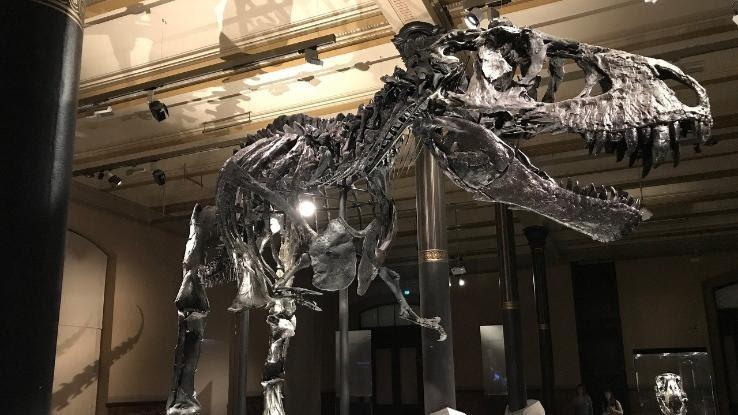
They could, however, walk very quickly. They must’ve been fast in some way, right? Though T. rex couldn’t run after its prey, it could walk at a shocking 25 miles an hour. That’s a speed-walking record, surely. Regardless, the scene in Jurassic Park in which the T. rex chases after the car is impossible; the car would easily win.
Baby T. rex Looked Like a Duckling
Because they’re related to birds, it makes sense that a T. rex hatchling would look slightly similar to a duck. After hatching, the babies came out small — roughly the size of a turkey and covered in fuzz. They lost much of their fuzz over time, keeping only small patches on their heads and tails into adulthood.
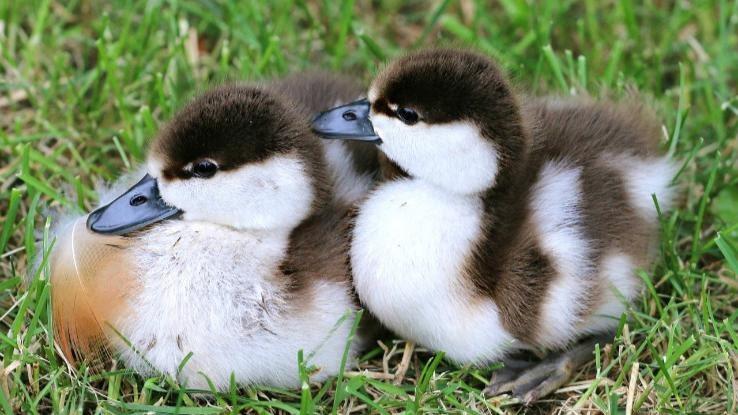
It’s probably a safe bet, then, to say that many bird-like dinosaurs looked like ducklings during their juvenile years. Any movie showcasing a baby dinosaur cracking out of its egg to reveal scales isn’t quite accurate.
T. rex Probably Didn’t Roar
The king of dinosaurs couldn’t even roar? Now it just seems a lot less scary. But wait. If it couldn’t roar, what sound could it make? The T. rex probably could coo or hoot loudly.
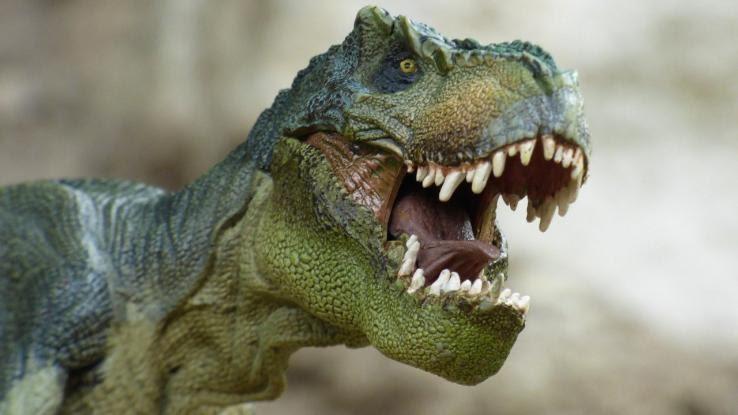
Knowing that the T. rex is related to birds helps rationalize this, but it doesn’t make it any better for the poor creature’s inflated ego. Over two decades of the Jurassic Park T. rex haunting our thoughts, roaring at humans and lions alike, dashed just like that. But cooing? Oh, how the mighty fall.
Dinosaurs Were Pretty Fast
Many films seem to show dinosaurs as slow, lumbering, lethargic giants. While they were indeed huge creatures, they weren’t by any means slow. And sure, T. rex and others couldn’t run, but they still could’ve walked really fast.
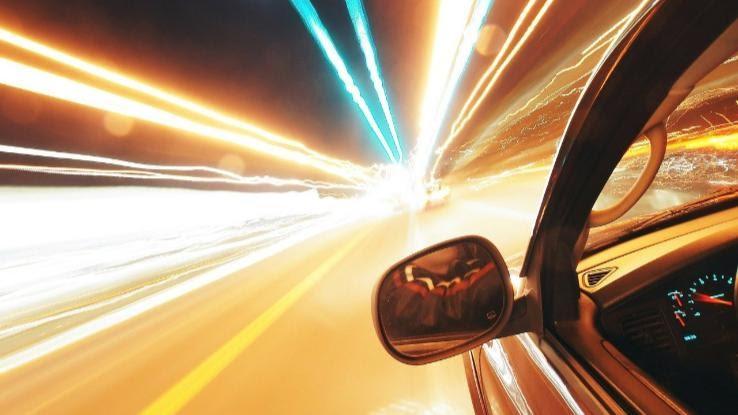
Dinosaurs had massive hearts that allowed them to move quickly and pumped the necessary blood to their immense muscles. This means that they could move their limbs at an alarming speed and, therefore, move very quickly. Some scientists have even suggested that an apatosaur’s tail could break the sound barrier.
T. rex Can Still See People If They Don’t Move
It’s a common trope in the Jurassic Park series that the T. rex can’t see people if they stay completely still. But of course they can see things that size — how could they not? The T. rex had eyes the size of oranges. How can a creature with eyes that big, known for its predatory nature, not see prey standing still?
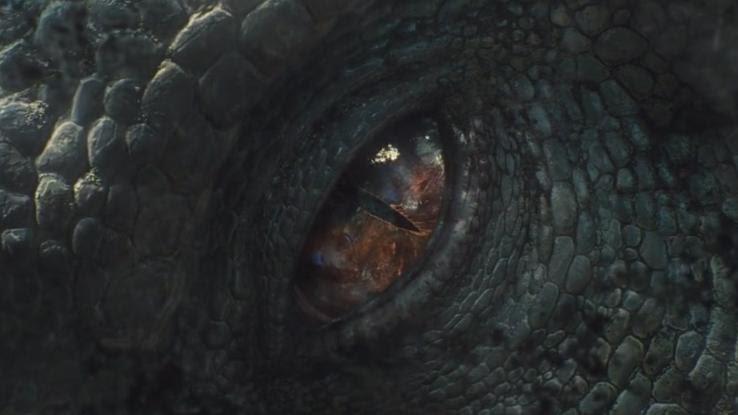
Imagine a T. rex stalking around and not seeing anything that isn’t moving. It would bump into trees pretty frequently, and it surely would have starved to death. All the prey had to do was stand completely still and voila — perfectly safe.
Dinosaurs Weren’t Aggressive
A predator prowling for food because it’s hungry is aggressive, yes? So, naturally, a predatory dinosaur would’ve been the same way. But the dinosaurs in Jurassic Park are really aggressive all the time. Raptors continue stalking people after already eating several of them. Pterodactyls snatch humans after escaping their enclosure.
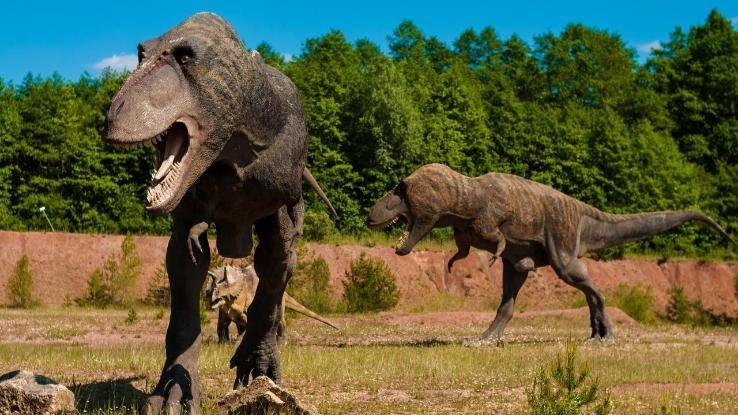
The dinosaurs in this fictional theme park were probably well fed. It’s a kind of zoo, after all. If they were well fed, then what really would’ve happened was that they would simply have ignored the running people because they were full. They wouldn’t have chased after humans for nearly two action-packed hours.
Dilophosaurus Didn’t Have Frills, Either
The acid-spitting, shrunken menace was distorted by artistic license, once again. Turns out that the dilophosaurus didn’t have a frill around its neck either. According to the Natural History Museum in London, there’s simply no evidence that the dilophosaurus had frills at all.
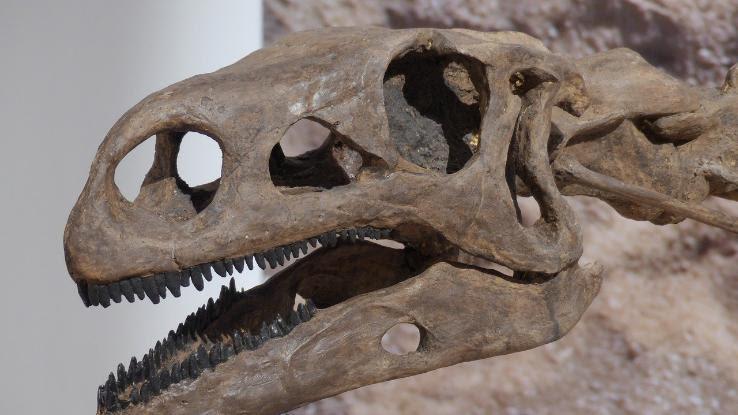
Much like the aquatic mosasaur, the frills would have some form of bone structure to go with them, which all known dilophosaurus skeletons are apparently missing entirely. So, either the creature didn’t have frills and that part was fabricated, or it did have frills and we’ve just simply never found any of the bones.
A T. rex Bite Would’ve Killed King Kong
In Peter Jackson’s King Kong remake, there’s a scene in which the giant ape is caught in the jaws of a T. rex. The end result was the escape of Kong and the murder of the dinosaur. This would’ve ended another way if it were real, though (giant gorillas aside for a moment).
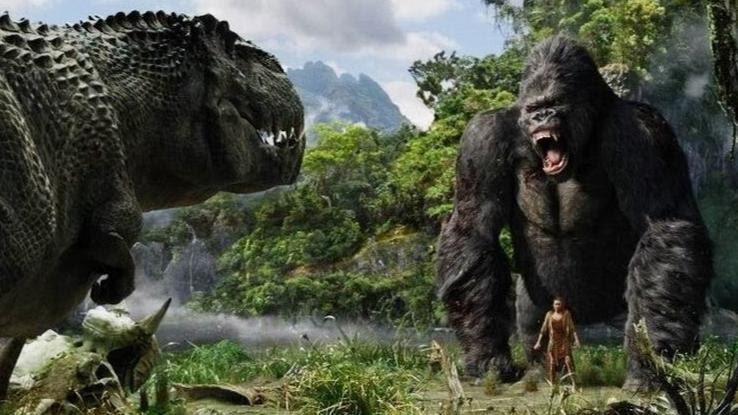
The T. rex had a bite stronger than any other animal. So, when Kong’s arm was caught in the dinosaur’s mouth, what probably should’ve happened was the loss of the gorilla’s arm — or at least the inability to use it. Good luck climbing the Empire State Building after that!
Ankylosaurus Wouldn’t Have Used Its Tail as a Weapon
In Jurassic World, we see a pair of ankylosaurs use their huge, mace-like tails to smash the park gyrosphere. While they theoretically could’ve done that, and theories say that the force of a tail swing could probably shatter bone, they simply wouldn’t have.
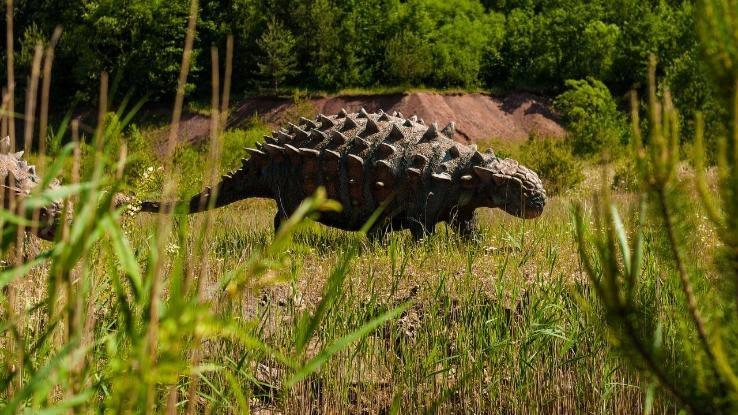
Ankylosaurs were herbivores and, like many herbivores, were non-aggressive and highly social. Their tails were more likely used for mating displays than as weapons, like triceratops horns. These bones weren’t meant to harm or injure but to attract mates.





